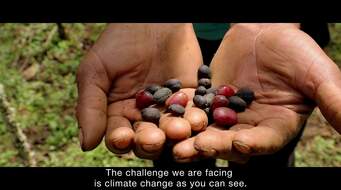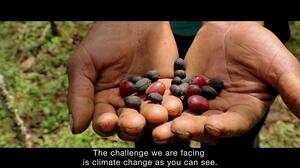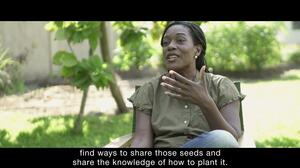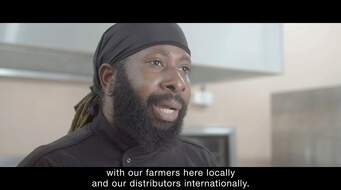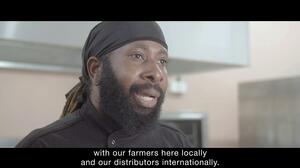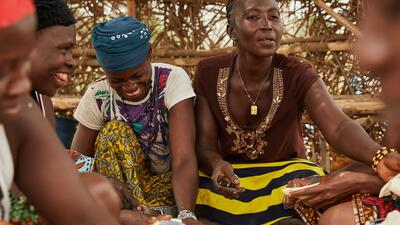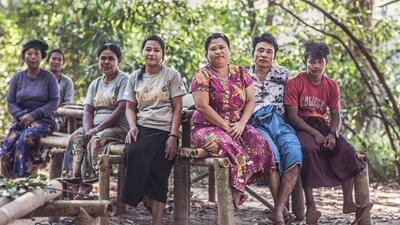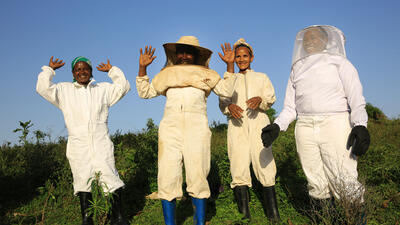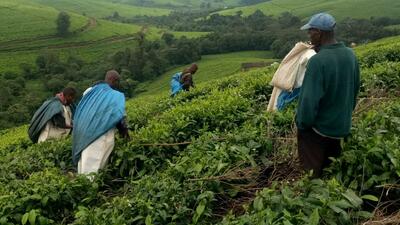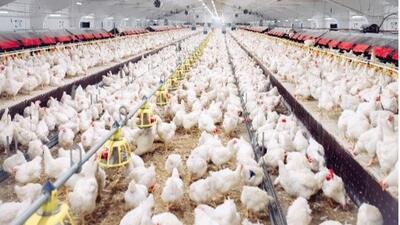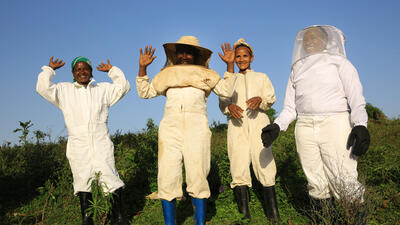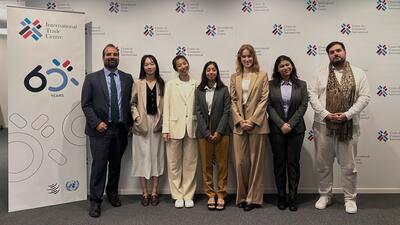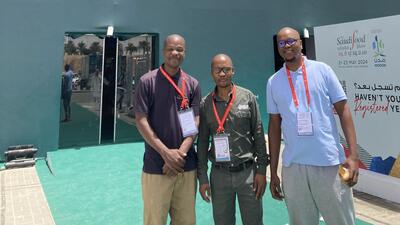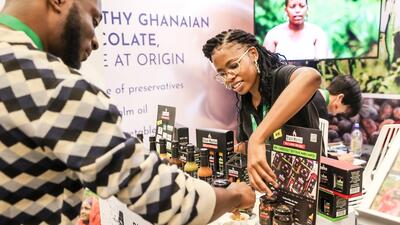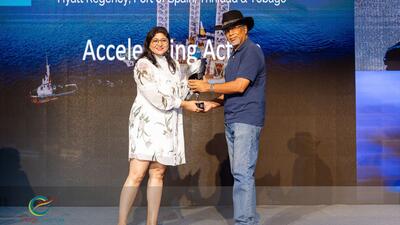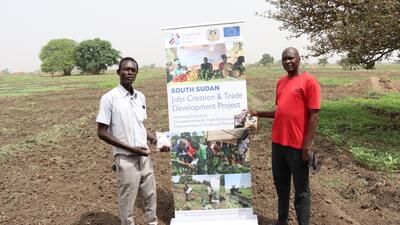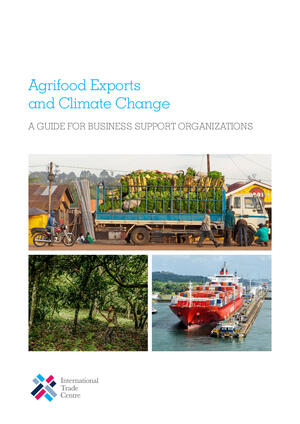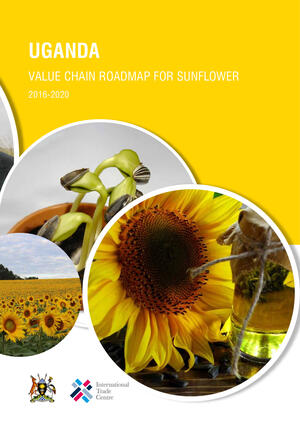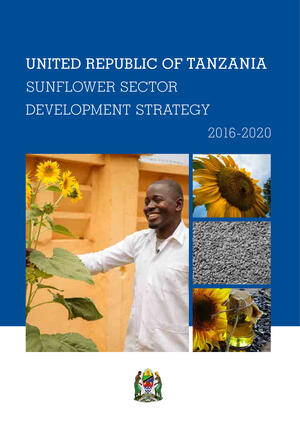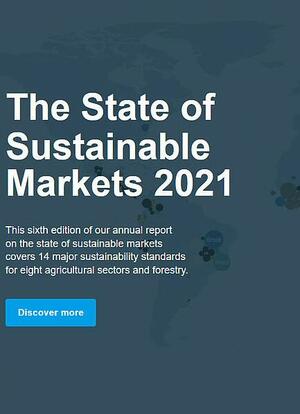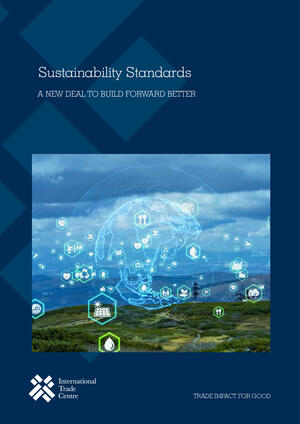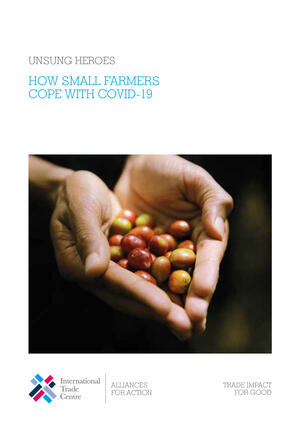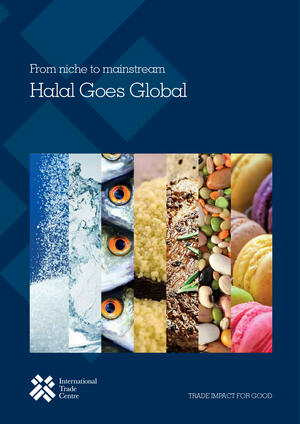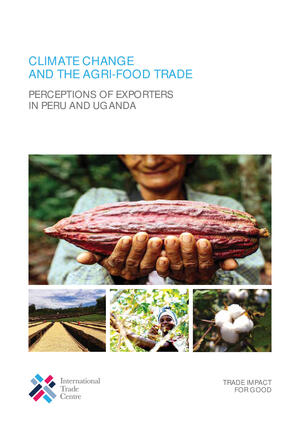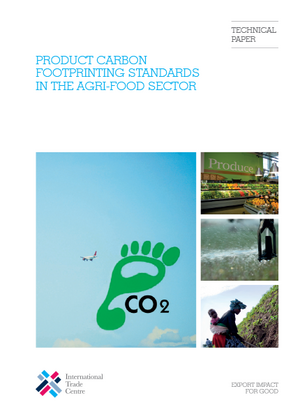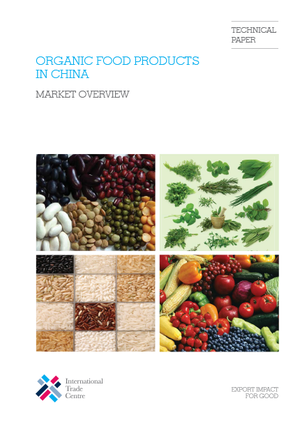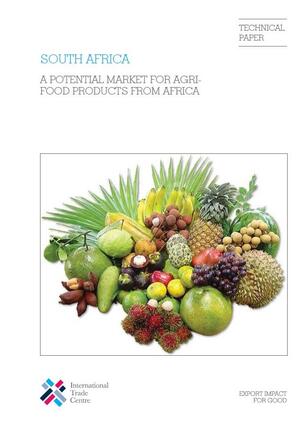
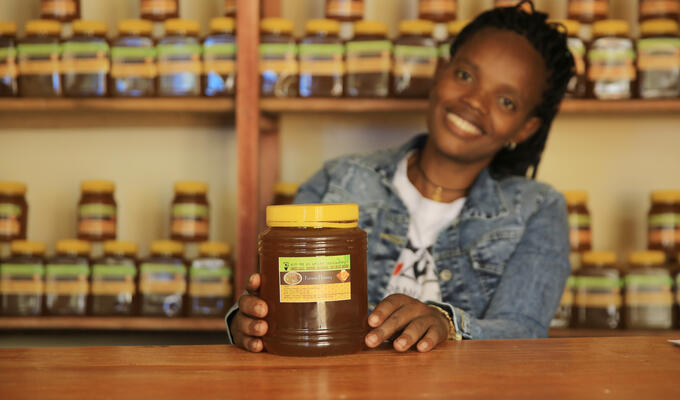
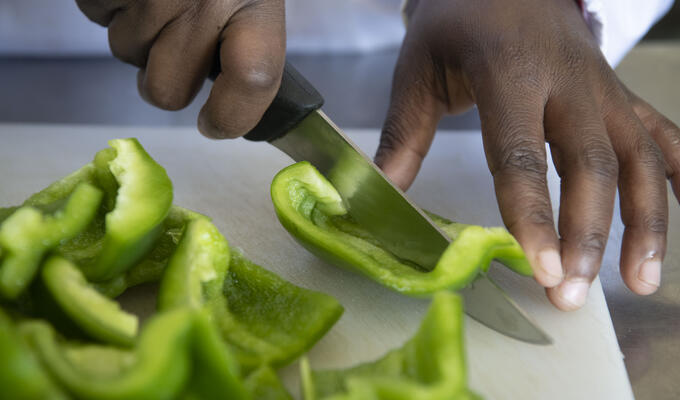
Agribusiness and food systems
Smallholder farmers and micro, small and medium enterprises are the foundation of sustainable global, regional, and local food production systems. Small-scale producers provide over 70% of the world’s food needs.
Together with its partners, ITC is building more sustainable and competitive conditions at every step across agribusiness value chains. We are building public-private partnerships, alliances between supply chain operators, meaningful investment and enabling policies which are essential for lasting impact.
We help enterprises meet market needs, upgrading value chains and facilitating linkages across all value chain stakeholders. We leverage partnerships to connect people and stakeholders and explore more inclusive, resilient and greener practices that reconcile development objectives and business interests.
ITC engages its Alliances for Action approach across the agribusiness projects it implements. We also provide direct technical support to small enterprises, exporters, farmer organizations, business support organizations and industry associations in areas like product market development, quality and efficiency, business development, access to finance and development, and compliance and competitiveness.
For more information on related topics, please visit Trade development strategies.
ITC is dedicated to supporting micro, small and medium-sized enterprises (MSMEs) so they can benefit from trade. Working with partners to strengthen MSME competitiveness, we help to build entrepreneurial and employment opportunities, particularly for women, youth and people in vulnerable situations. For holistic results, we work simultaneously at macro, meso and micro levels. At the macro level, we work with governments on enabling policies. At the meso level, we accompany and build the capacities of business support organizations. At the micro level, we work with MSMEs to help them build resilience and competitiveness so they can flourish in the long term. We offer advisory services, trainings and project implementation as part of our support.
Alliances for Action is the agribusiness approach we engage to establish a network that transforms food systems and advances the Sustainable Development Goals through producer partnerships that cultivate ethical, climate- smart, sustainable agricultural value chains. ITC can ensure the development standard through this values-based impact framework that integrates social, environmental and economic aspects as one. It simultaneously takes a value chain approach that uses shared responsibility to achieve sustainability beyond standards compliance.
ITC contributes to industry development, policymaking and capacity building in global agricultural value chains through its publicly shared market analysis tools, market information and e-learning platforms. We also publish neutral and comprehensive value chain-specific publications like our Coffee Guide that accompanies all global coffee stakeholders in their activities and towards their objectives.
ITC provides tech entrepreneurs, start-ups, small enterprises and sector associations the business skills needed for international growth and facilitates business matchmaking events to link investors, partners and clients with tech enterprises. We apply this strategy to the coffee, cocoa and cashew nut value chains in our NTFV project.
We offer micro-level interventions that promote inclusive and sustainable agricultural value chains. Adding value to products and promoting local consumption can help create economies of scale and empower agribusiness communities, allowing farmers and their families to thrive. ITC works both at the farm level and on building artisan skills like chocolate-making, coffee roasting and even barista techniques. Building up these sustainable production practices will help farmers absorb economic shocks as well as help attract investments. We are doing this in the African, Caribbean and Pacific (ACP) region through our ‘ACP Business-Friendly’ project funded by EU-OACPS.
ITC seeks to empower small businesses and producers by facilitating better access to finance and attracting investment. We scale up bankability, alliances and business models to disseminate best practices and commercial strategies enabling small agribusinesses’ access to finance and investment. We also provide help for capacity building on the supply and demand side to address critical barriers to access and delivery of finance across the agribusiness sector.
ITC delivers tailor-made and market-led solutions to a number of agribusiness sectors from coffee to cocoa to honey and fibres. We aim at achieving resilience and a sustainable approach to growth for farmers, workers and small and medium-sized enterprises through more mindful and responsible trade, production and consumption systems, and improved opportunities to compete and thrive on global, regional and local markets.
ITC has extensive experience working in the coffee sector and is committed to making it a fairer, more sustainable and profitable environment for all of its stakeholders. Using its Alliances for Action sustainable agribusiness approach, it supports actors from seed to cup through a holistic strategy that aims to transform the value chain as a whole. Across our coffee projects, we foster sustainable production and processing methods, engage and empower women and youth at all value chain levels, enable market access and promote South-South trade with a focus on regional, domestic and international markets, for increased resilience and growth. ITC’s Coffee Guide (now in its fourth edition), is our most downloaded publication and a central document to the sector.
ITC is working with cocoa farmers in West Africa (Ghana, Liberia, Sierra Leone), Central Africa (Cameroon, Guinea, East Africa, Uganda) and the Caribbean (Jamaica, Dominican Republic) to help them raise and diversify their incomes in the face of the unfolding climate crises and uncertain prices. Putting an end to child labour, ensuring a living income for farmers and protecting the environment with sustainable farming and processing practices are some of the main priorities in our sector work. We also work with cocoa processors and chocolatiers to improve competitivity and market access and promote value addition and regional trade.
Visit the Cocoa page
ITC aims to improve the quality and quantity of fruits and vegetables exported by developing countries. To do so, we create strategic development plans outlining the status of the fruit and vegetable market in a country and explain how to overcome the challenges to reach a target exporting goal. This involves working with farmers, exporters, importers, trade support institutions and policymakers, and providing them with training and advice.
ITC works along the entire fibre to clothing value chain. Each stage has the potential to positively impact the livelihood of people, reduce poverty and create employment, especially for women. Our work focuses on natural fibres such as cotton or cashmere. Cotton is a strategic crop for many African countries. Its production and transformation, including the valorization of by-products, generate income and employment for millions of rural families while ensuring export revenues for producing countries. If by-products are valorized and value addition is performed sustainably, cotton can help address issues linked to climate change, gender equality and youth employment. Cashmere (or other natural fibres such as mohair or alpaca) can provide value addition opportunities for farmers and rural populations, creating value at origin while focusing on environmental sustainability and decent work.
Visit Fibres topic page.
ITC’s Alliances for Action, together with the Caribbean Agricultural Research and Development Institute (CARDI) and partners, has been working since 2015 to mobilize investment, revive the food growing industry, boost the incomes of small-scale farmers and processors in the Caribbean region. We bring in needed investment to the coconut sector, ramping up the farmers’ productive and commercial capacities, and increasing small firms’ competitiveness. Farmers have learned new crops and are now intercropping with other foods, such as bananas.
Through ITC’s Alliance for Action methodology, our Strengthening the Agriculture and Agri-food Value Chain (SAAVI) project in Iraq seeks to enhance the trade competitiveness of Iraq’s poultry value chain and improve the quality of poultry products for national consumption. While developing market linkages and strengthening capacities throughout the whole value chain, the project aims to contribute to inclusive growth and job creation, particularly for youth, women, and vulnerable groups in Iraq.






